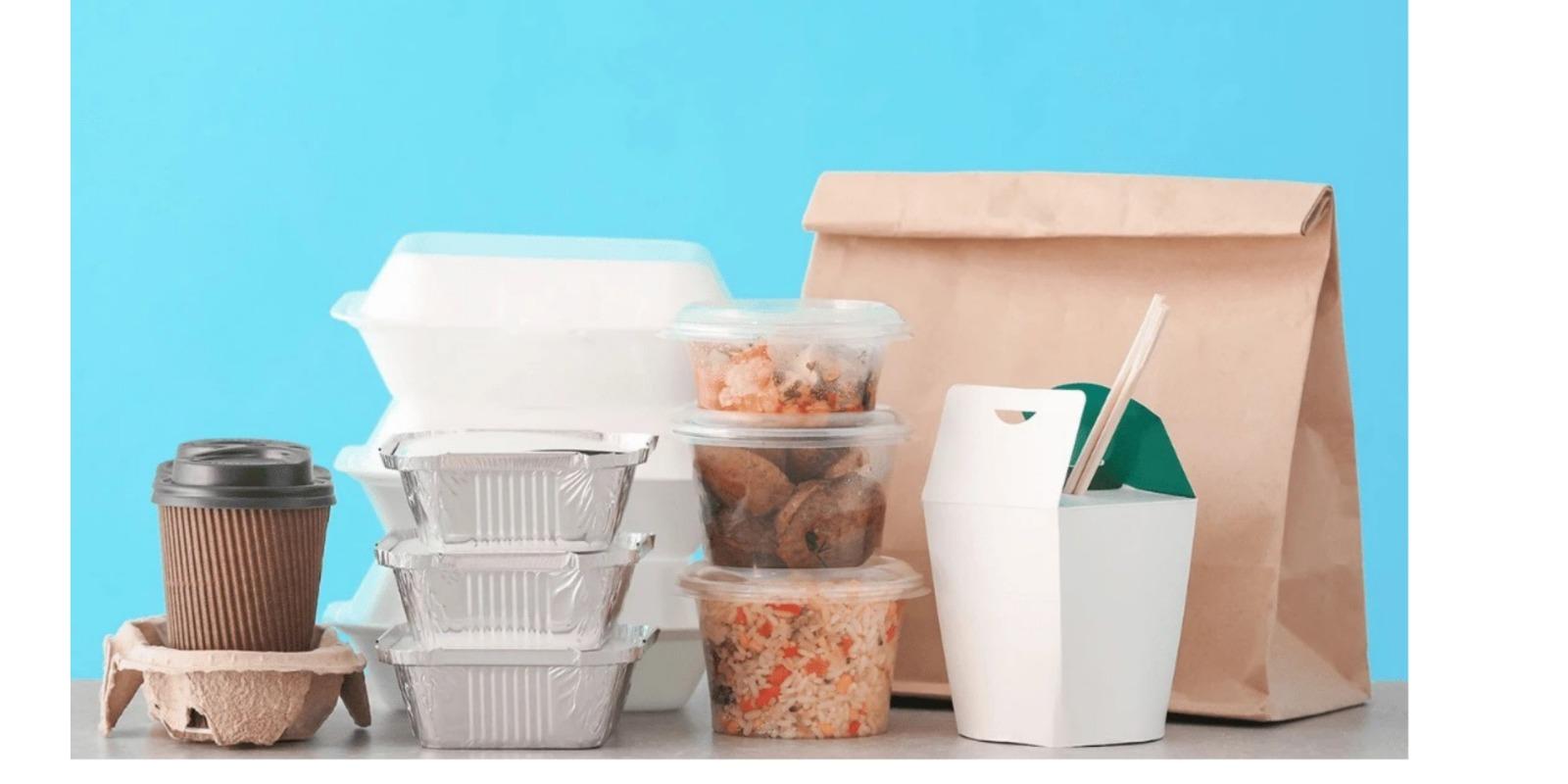Philadelphia Makers: Using Recycled Paper in Handmade Packaging

Introduction
For artisans, indie makers, small batch producers, and creative entrepreneurs in Philadelphia, packaging often becomes part of the craft itself—wrapping goods with personality, care, and authenticity. Incorporating recycled paper into handmade packaging not only bolsters sustainability credentials but also deepens the narrative of “locally made” and “eco-conscious.” Whether you’re crafting candles, soaps, prints, stationery, jewelry, or small goods, using recycled paper in your packaging helps reduce waste, support circular systems, and resonate with customers who value green practices.
In Philadelphia, local paper mills can provide access to recycled paper grades, consultancy, and small-lot runs. American Eagle Paper Company is one such partner that understands both artisanal sensibilities and material science, enabling makers to execute beautiful, green packaging without compromise.
This article explores strategies, benefits, challenges, and how Philadelphia makers can effectively use recycled paper in handmade packaging.
Why Recycled Paper Appeals to Makers
-
Environmental Integrity: Using post-consumer or post-industrial recycled fibers reduces demand for virgin pulp, preserves forests, saves energy, and diverts waste.
-
Brand Consistency: Many makers emphasize sustainability, minimalism, or “conscious craft.” Recycled paper for packaging aligns packaging with product values.
-
Storytelling & Transparency: You can tell customers about the source, fiber percentage, and local supply—strengthening buyer loyalty and differentiation.
-
Cost Efficiency & Local Access: When supplied locally by a packaging company or paper mill, recycled paper can be more affordable (reduced transportation, lower material premiums).
-
Unique Aesthetic Qualities: Recycled papers often carry texture, flecks, natural tones, or a rustic character that appeals to handmade and artisanal branding.
Key Considerations When Using Recycled Paper in Handmade Packaging
1. Recycled Content & Fiber Quality
Not all “recycled paper” is equal. Makers must consider:
-
The percentage of recycled fiber (e.g., 100 %, 60/40 blend)
-
Whether it is post-consumer or post-industrial fiber
-
The presence of fillers, brightness agents, or additives
-
Consistency in color, texture, grain, and strength
Paper mills and local packaging providers can help source grades appropriate to your packaging use.
2. Structural Strength & Durability
Handmade packaging must protect products during handling and shipping. Recycled paper sometimes has lower strength than virgin boards. Buffer strength with internal inserts or backing boards. Test for bending, folding, edge crush, moisture resistance, or stack loads.
3. Surface Finish, Printability & Coatings
Printing, finishing, stamping, embossing, or coatings may interact differently on recycled paper. Some finishes or inks may bleed or not adhere well. Makers may need to test minimal coatings, water-based inks, soy-based inks, or selective varnishes compatible with recycling.
4. Local Sourcing & Minimum Order Quantities (MOQs)
Since handmade operations often run small runs, sourcing locally from a Philadelphia packaging company or paper mill is critical to reduce MOQs, shorten lead time, and reduce freight costs. Local suppliers may offer smaller batches or scrap runs appropriate for makers.
5. Waste & Offcut Use
When creating handmade packaging, there’s often offcut waste—trimmed edges, unused pieces, misprints. Choose recycled paper options, or reuse offcuts in inserts, packaging shims, tags, or wrapping tissue to minimize waste.
6. Compostability & Recyclability
Recycled paper is usually recyclable. However, coatings, laminates, or adhesives may compromise recyclability. Makers should avoid combining materials that prevent recycling. If compostable, verify that coatings, inks, and adhesives are compost-friendly or certified.
7. Cost Balancing
Recycled paper may cost slightly more or carry variability. But makers can balance that by smart design (using thinner stock, reducing layers, simplifying cuts). Bulk orders or cooperative ordering with other makers help reduce cost.
Ways Philadelphia Makers Can Use Recycled Paper in Handmade Packaging
Here are packaging approaches for makers to incorporate recycled paper:
-
Cards, Sleeves, Wrappers & Bands: Use recycled board or text stock for belly bands, wrappers around jars, foldover covers, product sleeves.
-
Rigid Boxes & Slipcases: Construct small boxes, slipcases, or rigid enclosures out of recycled paperboard, possibly with recycled liners or recycled pulp trays.
-
Inner Liners & Inserts: Use recycled fiber liners, molded pulp inserts, or card backing to protect contents.
-
Mailers & Envelopes: Recycled kraft mailers, padded recycled envelopes, or rigid recycled box mailers.
-
Tags, Thank You Cards, Hang Tags: Cut tags from recycled cardstock, printed minimally, stitched or tied for aesthetic consistency.
-
Tissue or Wrapping Paper: Use lightweight recycled or uncoated paper as inner wrapping or filler.
Partnering with Local Packaging Firms & Paper Mills
Working with a Philadelphia paper company or packaging company that has access to recycled paper supplies accelerates success:
-
Access to Specialty Recycled Grades: Local firms may stock or order recycled board, pulp fibers, or specialty papers ideal for handmade packaging.
-
Smaller Batch Runs & Shorter Lead Times: Makers can order modest quantities at workable timelines.
-
Design Collaboration & Material Testing: Local partners can run sample print or finishing tests on recycled stocks to validate appearance and function.
-
Reduced Freight & Carbon Footprint: Local sourcing means lower shipping costs, less damage in transit, and a smaller carbon footprint.
-
Community & Maker Support: Philadelphia packaging companies may support maker communities or co-op purchase programs.
American Eagle Paper Company is one such example—able to supply recycled paper, advisory support, and local access to packaging materials suited for handmade operations.
Challenges & How Makers Overcome Them
Some challenges makers might face include:
-
Variability in Recycled Paper Quality
Different batches can vary in shade, sheet size, and density. Mitigate by working with consistent suppliers, requesting “match runs,” and inspecting materials before use. -
Print Inconsistency or Bleeding
Recycled surfaces can be rougher. Use test runs, lower ink load, absorbent coatings, or laser printing where needed. -
Material Cost Fluctuations
Recycled fiber markets can fluctuate. Makers may hedge by buying surplus when available or forming group buying with other makers. -
Structural Weakness
Reinforce key edges or combine recycled board with inner supports. For heavier products, limit the use of thin recycled stock. -
Coating or Adhesive Incompatibility
Use adhesives, varnishes, or finishes known to work with recycled substrates; local packaging partners can advise or supply compatible options.
FAQs for Makers Using Recycled Paper in Packaging
Q1: Can recycled paper packages still look premium?
Absolutely. With careful design, clean finishes, subtle textures, quality printing, and minimalistic branding, recycled packaging can be elegant and resonant of craft.
Q2: How much recycled content should I aim for?
Many makers aim for 70 % to 100 % recycled content, depending on material strength needs. The key is balancing structural integrity with recycled fiber content.
Q3: Are there certifications I should seek for recycled packaging?
Yes. Certifications like FSC Recycled, SFI Recycled, or program labels that validate recycled content help validate claims and support credibility.
Q4: Is it hard to recycle packaging that’s printed or coated?
It depends. Light water-based inks, minimal coating, and recyclable adhesives maintain recyclability better. Heavy coatings, laminates, or mixed materials may complicate recycling streams.
Q5: Where can I get small runs of recycled paper or packaging for prototypes?
Talk to local packaging companies, paper mills, or recycled paper suppliers in Philadelphia. Some firms supply sample sheets, small runs, or scrap/overrun lots suitable for makers.
Contact Information
For makers in Philadelphia seeking support or materials for recycled paper handmade packaging, reach out to:
American Eagle Paper Company
11500 Roosevelt Blvd #4a, Philadelphia, PA 19116, USA
Email: american.eagle.office@gmail.com
Phone: +1 (215)-464-9870
Website: https://americaneaglepaper.com/
Reviews & Testimonials
Here’s feedback from makers and small businesses that have embraced recycled packaging locally:
“Switching to recycled kraft wraps made by a local packaging company boosted our brand story and felt great to tell customers we use local recycled materials.”
“We prototyped recycled board boxes with our packaging partner—turnaround was fast and trial runs gave us confidence before full run.”
👉 Share your experience or read more reviews: Leave a review here







